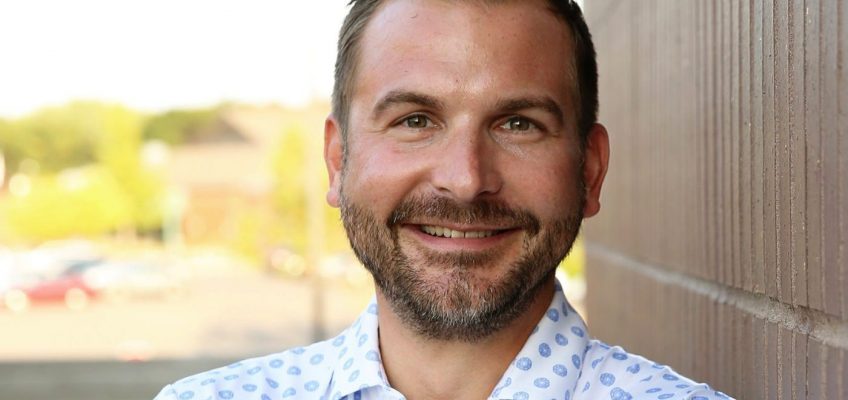The roller coaster ride that Wild rookie forward Danila Yurov is taking took another dip on Monday. The Russian rookie, who has gone from much-hyped newcomer to healthy scratch to bottom six forward to top line center is now dealing with a health problem that will keep him out of the lineup on Tuesday when Minnesota visits Edmonton for the first time this season.
Yurov, who turns 22 this month, was injured last week in the Wild’s overtime win at Chicago, but had played last weekend versus Colorado and Buffalo. He did not skate in the team’s Monday morning practice, before they boarded a plane for the Oilers home rink.
Minnesota coach John Hynes did not offer any details on the nature of the injury, but classified Yurov as day-to-day. With normal top-line center Marco Rossi injured, Yurov had been playing in the middle on Minnesota’s top line between Mats Zuccarello and Kirill Kaprizov. The rookie has posted three goals and four assists in his first 21 NHL games.
The Wild have extra forwards like Hunter Haight and Ben Jones, both of whom missed the Buffalo game, who could play versus Edmonton.
Veteran consistency sought
On Black Friday, Ryan Hartman made an emphatic return from a lower body that had sidelined him for the previous four games. Versus the high-flying Avalanche, Hartman made a highlight-reel set up play on Minnesota’s second goal, sending a wraparound pass to the slot in front of the Colorado net, where Kaprizov slammed it home.
One night later, in a shootout loss to Buffalo, Hartman was notably quieter, managing just one shot on goal in more than 17 minutes of ice time. Hynes admitted that the veteran’s hot and cold streaks have been an issue.
“I think he had a good first game there. I just want to see consistency,” Hynes said. “Be an impact every night with your ability to make plays offensively, strong in the faceoff circle, skating and moving his feet, have some edge to his game, lead with physicality and net-front play. I think when he does those things, he’s very effective.”
Hartman has four goals and four assists in 22 games this season.
Wallstedt just having fun
Wild rookie goalie Jesper Wallstedt mostly brushed off the criticism he got for celebrating his shootout win versus the Avalanche, offering a reminder that hockey, and victory, are supposed to be enjoyed.
Wallstedt celebrated with his signature archer-style move following stopping Colorado stars Nathan MacKinnon and Cale Makar in the shootout that gave the Wild a 4-3 win on the day after Thanksgiving. It was a “little much” in the social media words of Avalanche radio man Conor McGahey, who criticized Wallstedt for celebrating “like he’s won the Stanley Cup.”
Not really wanting to get into a war of words with a Central Division rival, Wallstedt nonetheless noted that it was all in good fun.
“I thought that was ridiculous. Hockey’s supposed to be fun. I think everyone’s supposed to enjoy it,” said Wallstedt, who improved to 7-0-2 with the win over Colorado.
Wallstedt noted the brutal start to the season he had while playing for the Iowa Wild a year ago, and said that if people like McGahey understood all he had been through to get to this point, they might understand his celebration a little better.
“And maybe if I was wearing a purple sweater instead of a Wild sweater, I think he’d enjoy it more,” Wallstedt said. “It was weird. We’re having fun. We (celebrated) in front of our own fans. They liked it. Hockey can be boring too, but I’d rather make it fun.”
Hynes said Wallstedt will get the start versus the Oilers on Tuesday.
Related Articles
Sabres stun Wild with shootout win, snap seven-game win streak
Jesper Wallstedt’s hot start brings fans, a detractor, and a t-shirt
Wild keep rolling, besting Colorado in a shootout
Faceoffs the focus as Nico Sturm gets up to speed
Wild escape Chicago with OT win after Blackhawks dominate early




